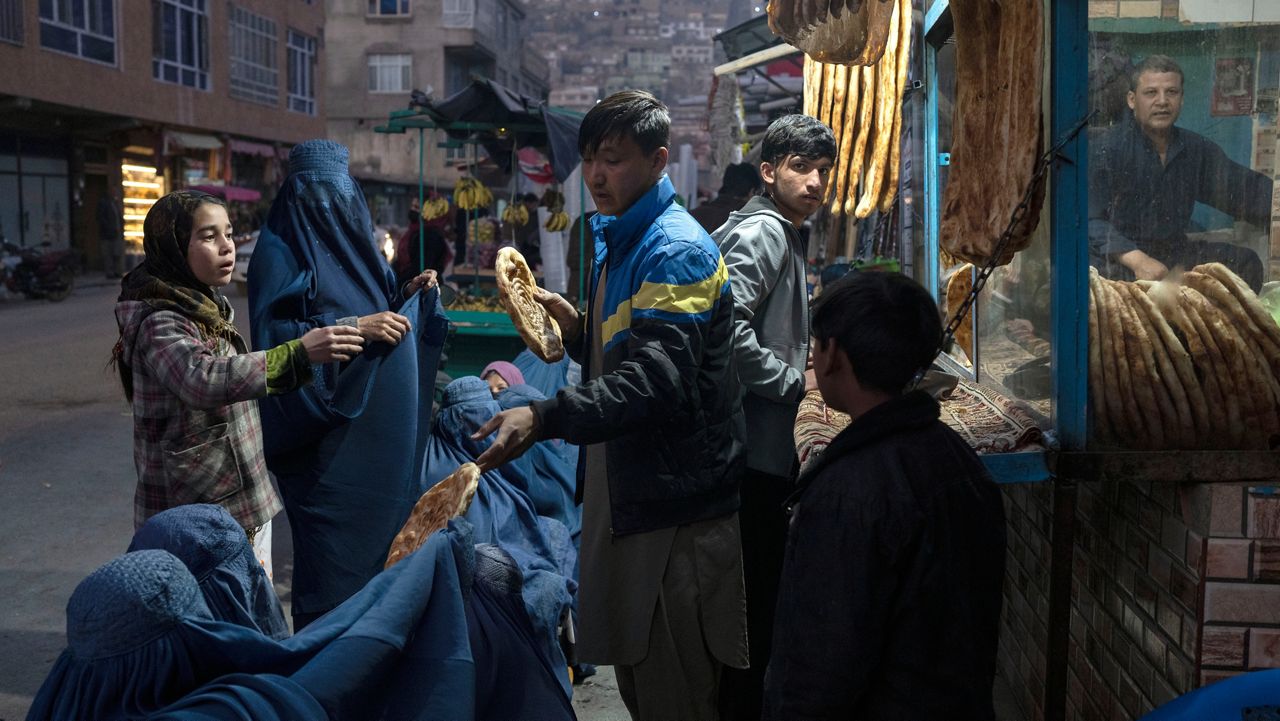The United States Treasury Department on Wednesday has begun issuing new licenses and guidance for organizations looking to provide support to Afghanistan, in keeping with President Joe Biden’s goals for the region.
“We are committed to supporting the people of Afghanistan, which is why Treasury is taking these additional steps to facilitate assistance,” Deputy Treasury Secretary Wally Adeyemo said in a statement.
Afghanistan has long been dependent on foreign aid, both from other governments and private organizations. But its economy is currently in a precarious situation, owing in large part to drought, the COVID-19 pandemic and the takeover by the Taliban, which has driven donors and private organizations away.
External grants totaled 40% of Afghanistan’s GDP, funding about 75% of public spending. U.S. officials estimate that Afghanistan’s economy might shrink by as much as 30%.
The general licenses introduced by the Treasury authorize transactions that include US government employees or contractors; select international organizations; and NGOs supporting humanitarian projects, human rights, democratic processes, and education. They join existing general licenses that facilitate humanitarian aid for agriculture and medicine.
The licenses authorize those transactions despite economic sanctions levied against the Taliban, which took control of the country in August. Since then, the Taliban has reinstituted many of its fundamentalist Islamic policies, including restrictions on the media, culture and education. Gender-based restrictions have returned as well: Girls are not allowed to attend high school in many provinces, and female civil servants have been barred from working.
In response, much of the global community has imposed sanctions against the country, with the goal of encouraging the Taliban to protect civil and political rights of citizens.
The sanctions have had a severe effect on many systems throughout the Afghanistan, however — international reports have sounded alarms that the country’s health care system is failing, that public employees have not been paid in months, and that more than 20 percent of the country is near famine.
Senior administration officials acknowledged that they have learned lessons from licenses put in place in other sanctions countries, such as Venezuela, and are applying those ideas in Afghanistan to ensure that humanitarian aid goals can be achieved.
Chief among those goals, officials said, is bolstering education for Afghan men, women and children, as well as ensuring the pay of teachers working with them. To wit, there are plans for international agencies to support teachers with stipends going directly to them, rather than through local government.
Additionally, officials said that the United States will provide one million more COVID vaccine doses to Afghans, and touted government programs providing heaters, warm clothing, and shelter repair kits to help Afghans through the winter.








